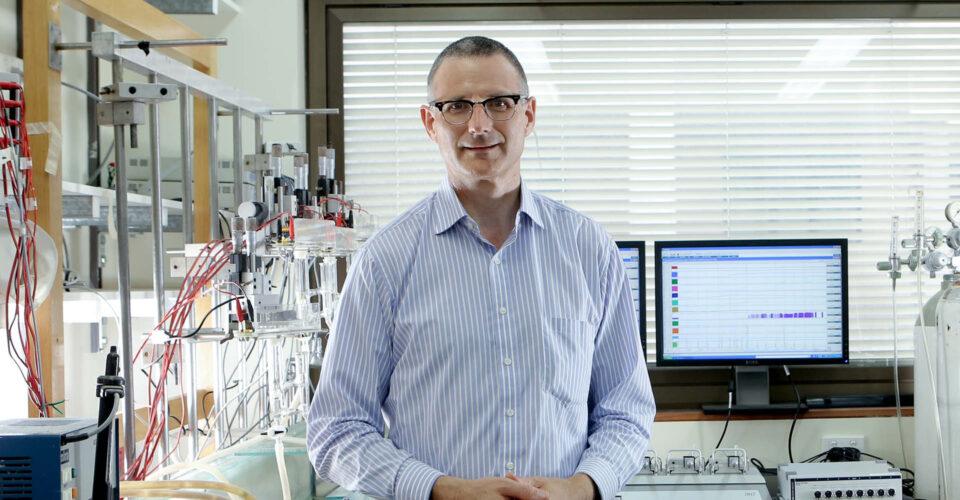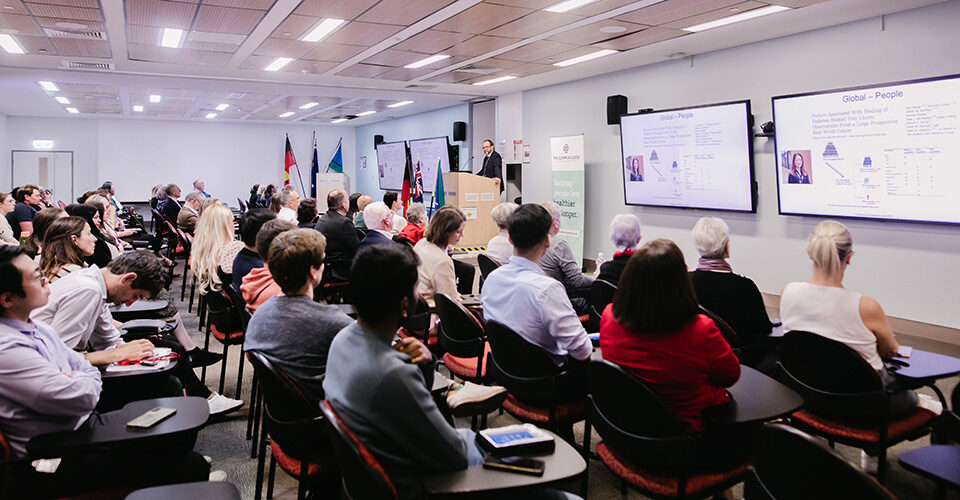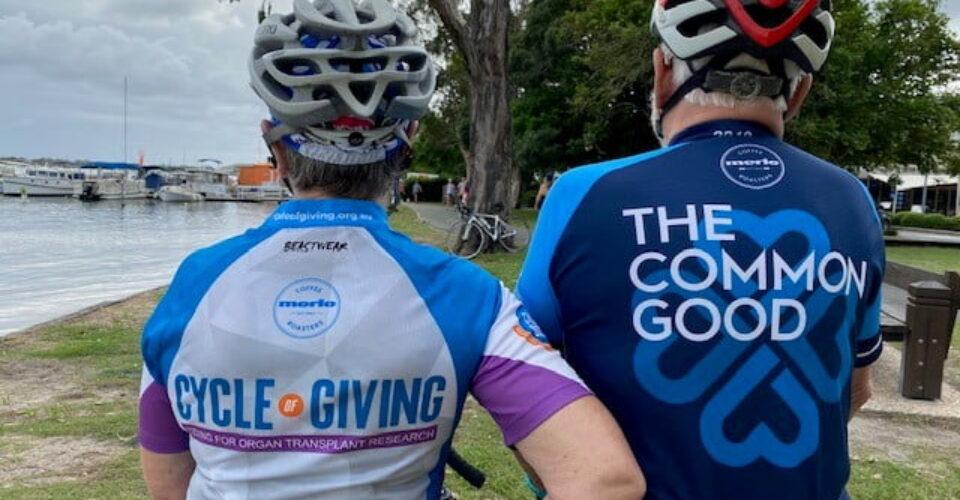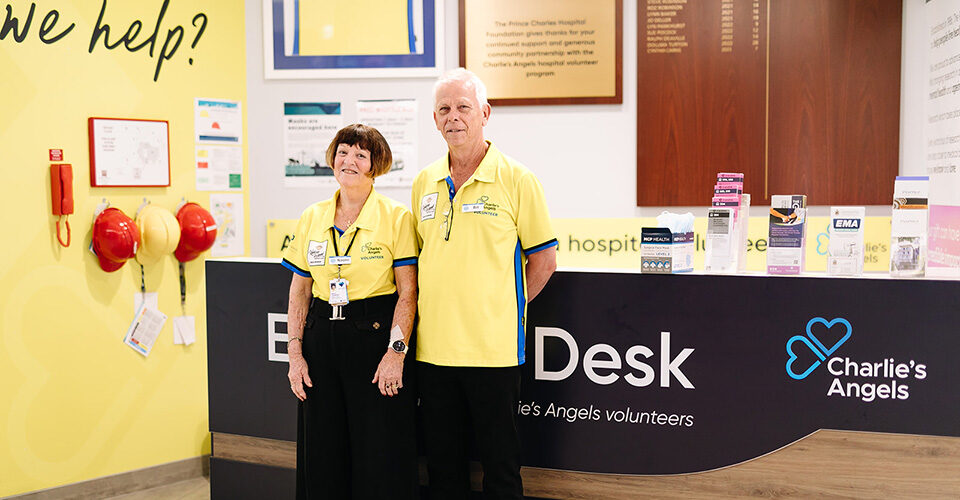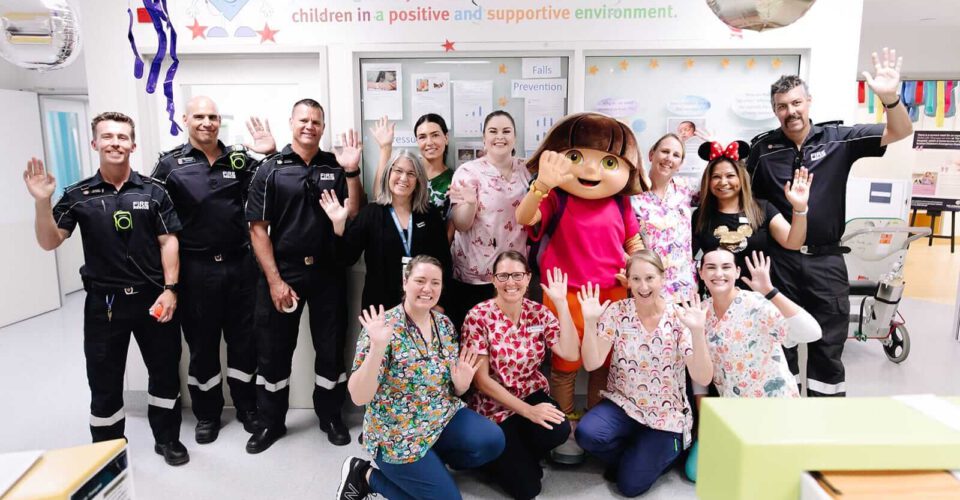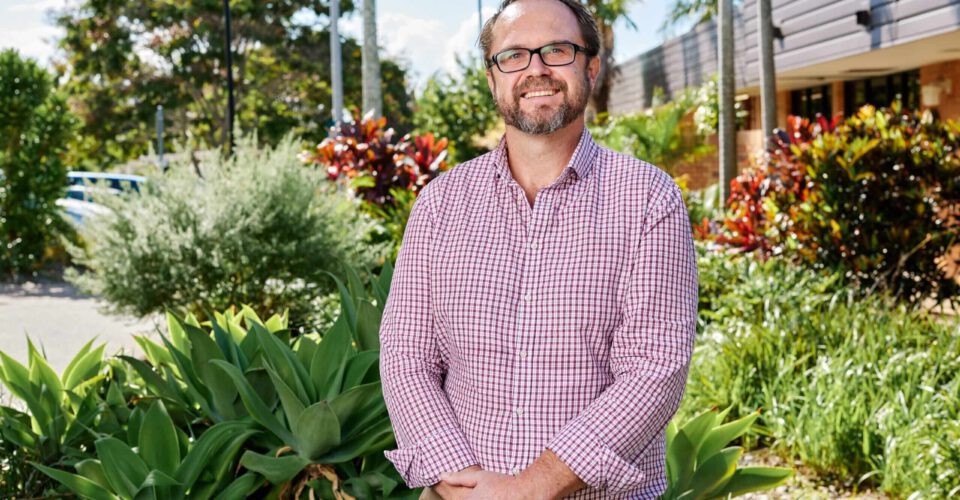Heart disease remains the number one killer in Australia. 30-50% of heart failure patients will die of sudden cardiac death caused by a ventricular arrhythmia – in which the heart begins to beat at an irregular rhythm – too fast, to slow, too early or irregularly, which can result in sudden death.
Peter Molenaar seeks to identify better use of medicines for the prevention of sudden, unexpected death in patients with heart failure by using the heart itself – sourcing small pieces of heart tissue from hearts with heart failure, from patients undergoing heart transplantation. So far, Peter’s team have identified one group of enzymes called phosphodiesterases (PDEs), which prevent ventricular arrhythmias, making them potential targets for new medicines.
One way of increasing the level of protection against the occurrence of arrhythmias is to increase the activity of the PDEs. So far it has been identified that medicines called beta-blockers can increase the level of PDEs and therefore provide better protection against harmful arrhythmias.
But not all beta-blockers are the same so it is important to determine which of these are best. This research works with beta-blockers and their interaction with PDEs to determine their effects and help to identify the best treatment for heart failure patients to try and prevent tragic and sudden death.
Support The Common Good here
